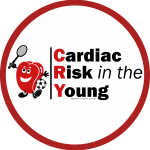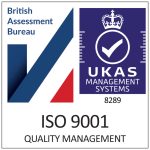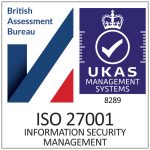General Lifestyle Advice – Sudden arrhythmic death syndrome
Exercise
The majority of conditions that can cause sudden cardiac death appear to be worsened by exercise. So doctors usually advise people with these conditions to avoid competitive sports and unrestricted severe exertion. This can be especially difficult for younger people who may be unwilling to stop sport. It is important to get a balance between the benefit of restricting exercise and the negative impact the restrictions may have on the person. Hopefully the person can come to terms with the changes he or she needs to make.
This advice is complicated by the fact that SADS deaths often occur at night and during sleep – as with the Brugada Syndrome and sodium channel LQTS. If you have one of these conditions, your doctor can advise your partner what to do if anything happens, and may encourage you to buy a home ‘defibrillator’. (If someone has a cardiac arrest, this machine may be able to return the heart to a normal rhythm by delivering an electrical ‘shock’ through the chest wall.)
Drugs to avoid
Anyone with a condition affecting the heart that can cause sudden cardiac death needs to take extra care with medicines. All medicines – both those prescribed by your doctor and any you buy over the counter – must be checked, as some can increase the risk of sudden death.
For people with LQTS there are specific medications that can have a serious effect by further prolonging the QT interval. We give a list of these medicines in drugs to avoid. This list includes drugs that can stimulate and irritate the heart by causing adrenaline-like effects. You must always check with your GP or cardiologist before taking any new medication, as this list will change with time.
In people with Brugada Syndrome the number and range of drugs that may make the condition worse is unknown and caution must be used. Antiarrhythmics, beta-blockers and some antidepressants are known to interact badly with it.
The future
Research in the channelopathies is progressing rapidly and in the future it is expected that all the genes involved will be discovered.
In the future, it may also be possible to diagnose all carriers easily – even in those people who have a normal ECG reading. It may also be possible to choose the best treatment based on the type of mutations involved, and the treatment may even be designed based on this knowledge.
In the meantime, better understanding of these conditions and improvements in methods for diagnosis should still result in better management.
However it is crucial that, when an unexplained and unexpected sudden death occurs, all immediate blood relatives should be evaluated by a cardiologist to find out if they have an inherited heart disease such as a channelopathy.



